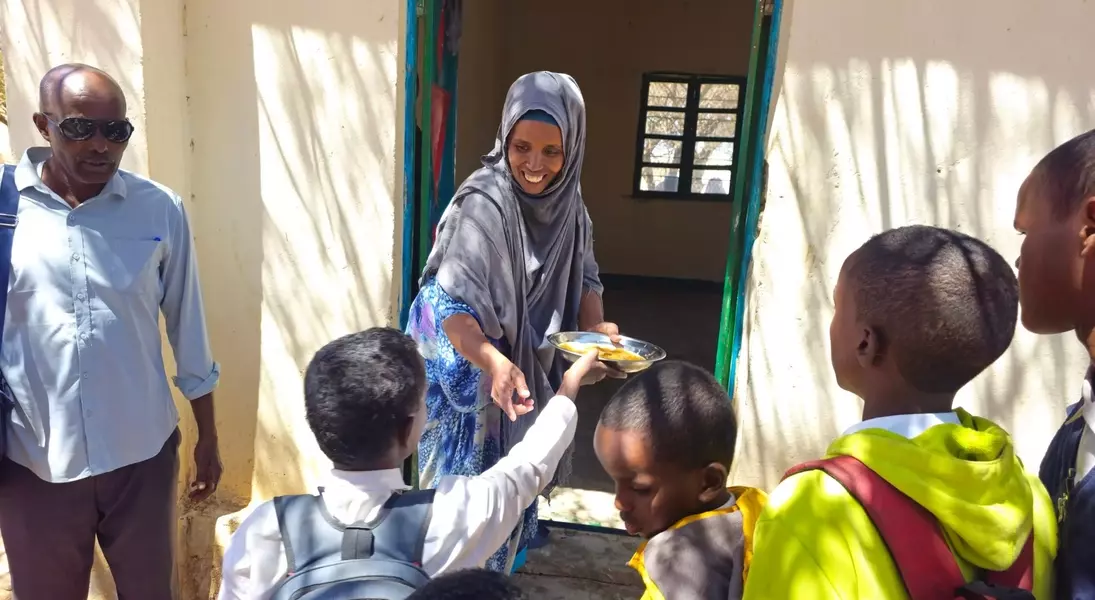
In Somaliland, the daily routine of students and parents revolves around a vital initiative that goes beyond simple nourishment. After midday meals at school, children return home to study or assist their families, while parents like Muna focus on household tasks such as washing dishes and preparing for the next day's meals. This collaborative effort strengthens the community, fostering resilience and progress. Central to this transformation is the local production of food for school meals, which not only feeds children but also educates them about sustainable agriculture and nutrition. Additionally, training programs for farmers enhance food security and empower the entire community.
Muna, a dedicated mother and community member, highlights the importance of these efforts by stating her motivation stems from ensuring the well-being of future generations. Her belief underscores the critical role of food in enabling education and development. The school gardens serve as practical learning environments where children actively participate in growing and harvesting crops, gaining valuable knowledge about plant care and nutritional benefits.
Furthermore, innovative agricultural techniques, including greenhouses and solar-powered irrigation systems, contribute significantly to year-round food production. These methods conserve resources, boost yields, and reduce expenses, making the program more sustainable. Such advancements are complemented by training sessions for over 600 local farmers, equipping them with skills to combat climate challenges effectively. Farmers receive essential supplies like seeds, grow their crops, and sell their harvests back to the initiative, creating a self-sustaining cycle.
The positive impact of this project extends far beyond individual households. It addresses numerous challenges faced by the community, empowering residents to overcome adversities brought on by drought and other crises. As Muna points out, the changes implemented have resolved many longstanding issues within their society. Through this comprehensive approach, organizations like CARE play a pivotal role in maintaining educational continuity and supporting communities' recovery and growth.
This initiative exemplifies how small-scale interventions can lead to significant societal improvements. By focusing on food provision, education, and sustainability, it ensures that both immediate needs and long-term goals are met. In Somaliland, each bowl of food represents an opportunity for children to learn, thrive, and ultimately shape a brighter future for themselves and their communities.
